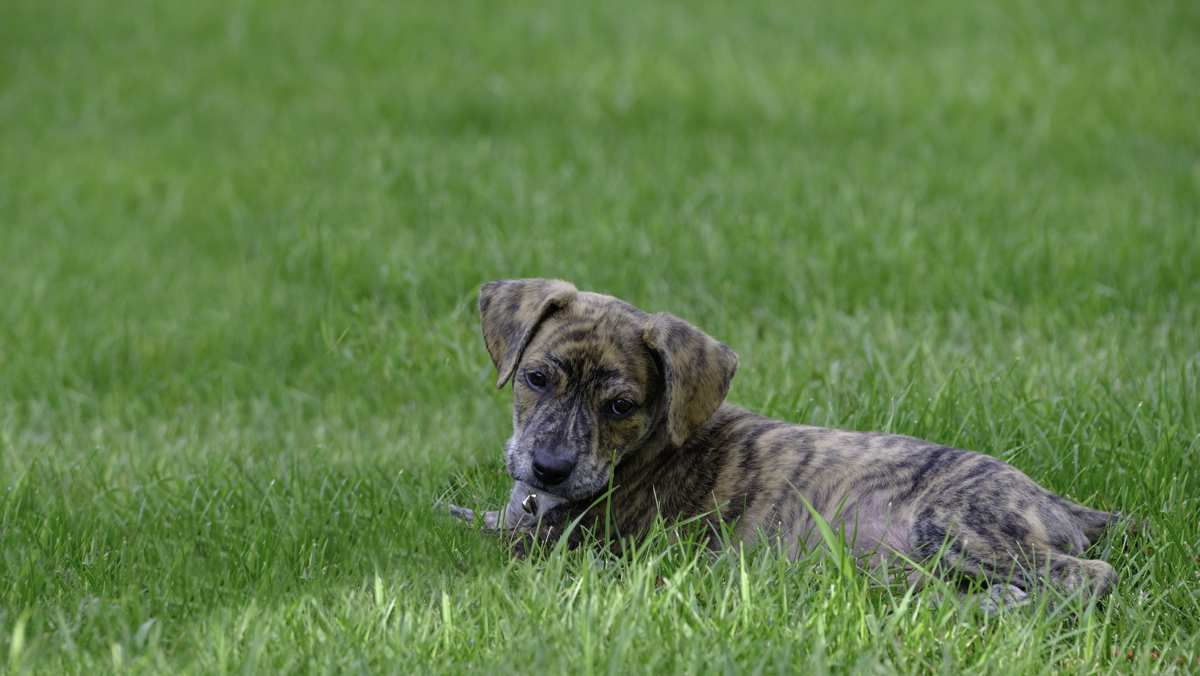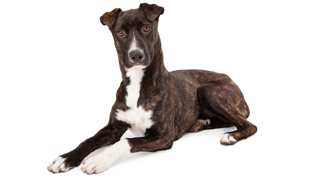Mountain Cur Breed Details
Mountain Curs are a very valuable and versatile breed used to hunt varmint such as squirrels and raccoons as well as large game like wild boar. Without them, many suggest early settlers would've had a much rougher time migrating into the Appalachian and Southeastern regions. These dogs not only hunted small game for food and furs but also protected the family from danger-- whether that be a thief or large mountain lion! This breed is considered a scent hound by its founding club, the Original Mountain Cur Breeders Association (OMCBA) as well as the Continental Kennel Club. This breed is best suited for a hunter, of course, but also an owner or family that lives in a more rural area with a large yard or property for them to roam and patrol-- at the very least an active person that can give them adequate daily outdoor exercise. Consider the following Mountain Cur dog facts:
PROS
- Excellent hunting companion for both large and, especially, small game
- Great family companion
- Good with other dogs
- Intelligent and easily trained, most are eager to please
- Friendly and non aggressive
- Watchdogs and household protectors
- Fiercely and loyally devoted
- Can live indoors or out
- Not a needy breed
- Maintenance needs are few
- Healthy and long lived
- Will keep house and yard free of pests and varmint
CONS
- May bark frequently
- May not be compatible with cats or other small pets
- May be over protective of passive owners that have not established themselves as "pack leader"
- Ideally an outdoor dog for a large property or fenced yard
- May become anxious and destructive if bored
- Need plenty of daily outdoor exercise
- Must be kept on leash when walking in populated areas due to strong prey drive
- Not hypoallergenic

